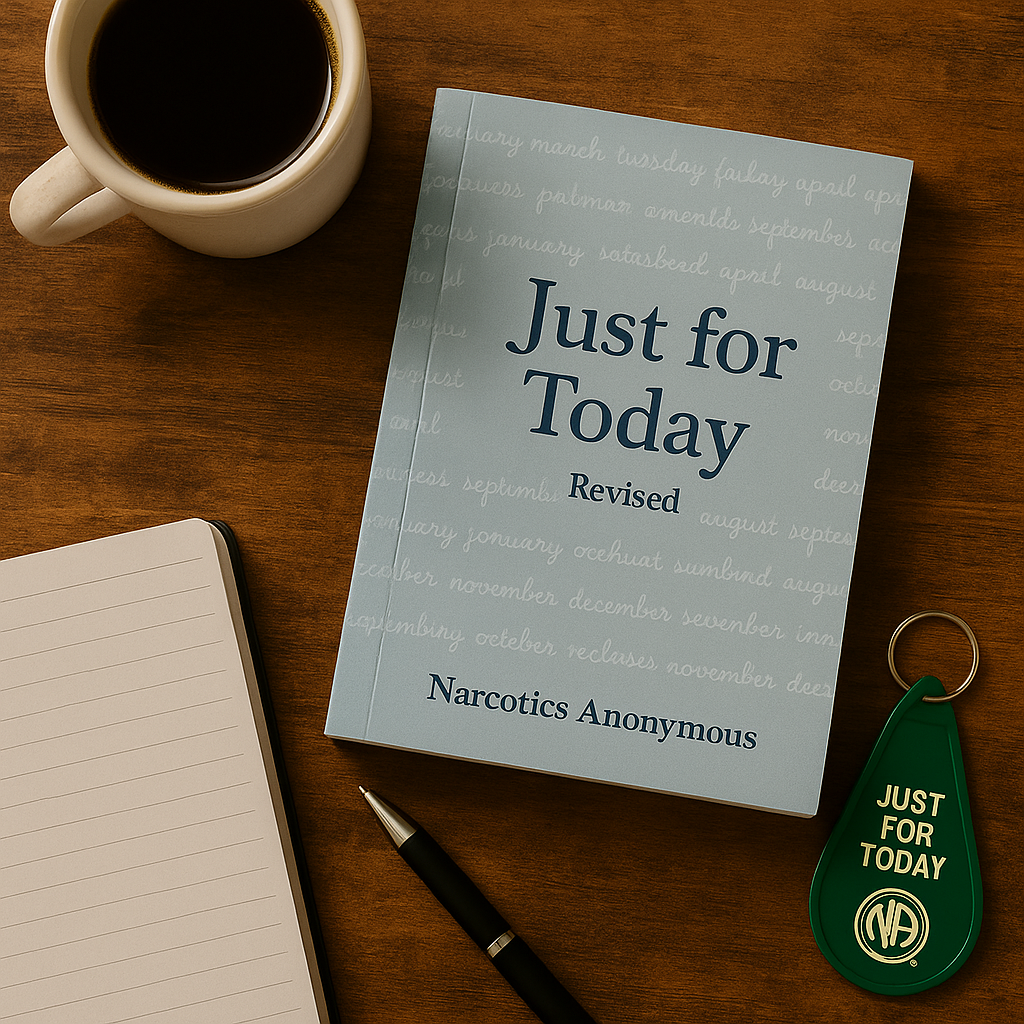Overcoming My Codependency in Addiction Recovery
/For many years, I was unknowingly trapped in a cycle of codependency, constantly seeking approval and validation from others. My neediness and desire for acceptance led me to form unhealthy relationships, where I focused my attention on the needs of others, often to the detriment of my own well-being. I identified my own worth with their happiness, and if they were angry or unhappy, I believed it was my fault and that I needed to make them happy.
My codependent tendencies manifested as excessive caretaking behavior, poor boundaries, and control issues. I had difficulty saying no and setting limits, fearing rejection or abandonment. This people-pleasing behavior was rooted in my need for approval, which further exacerbated my codependency.
It wasn't until I began working the AA program that I started to recognize and confront these codependent patterns. As I worked through the 12 steps of AA, I started to see the parallels between my addiction and codependency. Both were rooted in a lack of self-worth and an inability to cope with life's challenges. I realized that, just as I needed to address my addiction, I also needed to tackle my codependent behaviors.
With the help of my sponsor and the wisdom of the 12 steps, I began to apply the principles of the AA program to my codependency. It was only after I had been sober for some time that I started to recognize the resentments building up within me. I felt frustrated and disappointed by people in my AA meetings and by my family members. I couldn't understand why others seemed to consistently let me down, and this anger and confusion began to eat away at me.
When I discussed these feelings with my sponsor, they suggested that I work on another 4th step inventory, specifically focusing on my resentments. As I began to examine my feelings, it became apparent that the root cause of my resentments was my own unrealistic expectations of others. My sponsor helped me see that these expectations were not only unfair but also a reflection of my codependent tendencies. They guided me through the process of reevaluating my expectations and learning to accept that others are not responsible for my happiness or well-being. By letting go of my need for validation and approval from others, I began to develop a stronger sense of self and a healthier approach to relationships.
Through the guidance of my sponsor, I discovered that attending Al-Anon could provide me with additional support and tools to continue my personal growth. As I became more involved in the program, I found that it opened up a whole new understanding of myself and my codependency issues.
Working the 12 steps of Al-Anon gave me a fresh perspective on my relationships and how to address my codependent patterns, including my excessive caretaking, poor boundaries, and control issues. The program helped me to further develop healthy boundaries, improve communication, and build a stronger sense of self-worth. Al-Anon also provided me with a supportive community of individuals who shared similar experiences and challenges, which was invaluable in my journey of self-discovery and healing.
In my recovery journey, I’ve learned that while AA is essential for maintaining my sobriety, addressing my codependency, resentments, and unhealthy behaviors required the additional support and insights provided by Al-Anon. By participating in both programs, I have found a more balanced and comprehensive approach to recovery, which has allowed me to achieve not only physical sobriety but also emotional sobriety. This combination of support systems has been instrumental in my continued growth and healing, and I am grateful for the newfound sense of wholeness and well-being that it has brought into my life.





